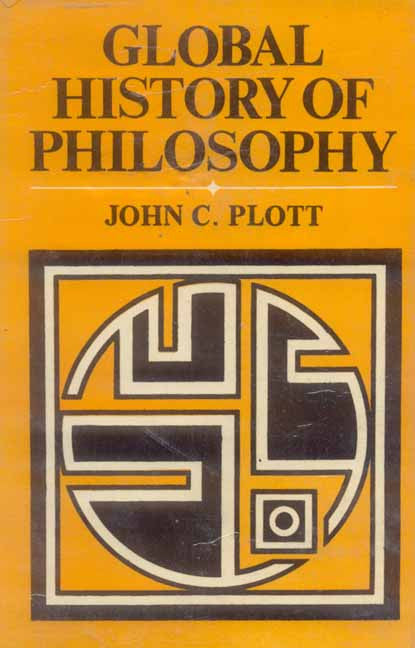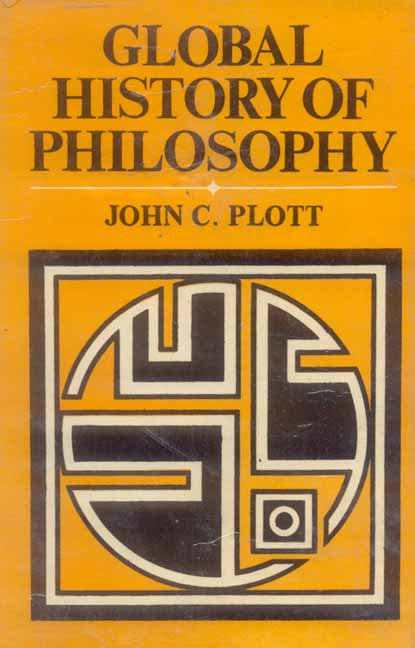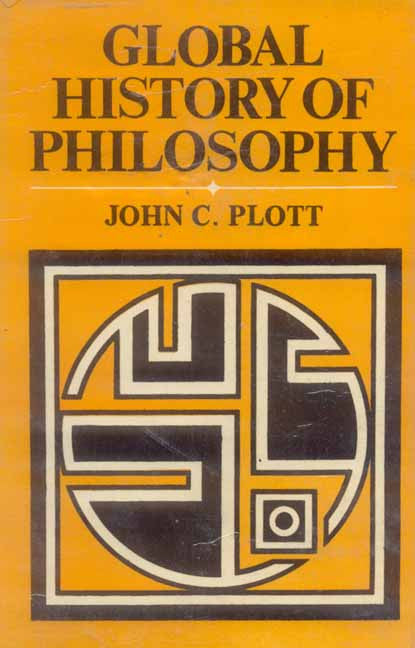Global History of Philosophy (Vol. 4): The Period of Scholasticism (Pt. 1) (800-1150 A.D.)
Global History of Philosophy (Vol. 4): The Period of Scholasticism (Pt. 1) (800-1150 A.D.) - Paperback is backordered and will ship as soon as it is back in stock.
Couldn't load pickup availability
The fourth and fifth volumes of the Global History of Philosophy are
designated The Period of Scholasticism (part one: 800-1150, part two:
1150-1350) in order to stress that the scholastic method with its emphasis
on thesis, antithesis, and attempts at synthesis became universal
throughout Eurasia. Scholasticism should not be taken in the pejorative
sense as the juggling of arguments by straw men, but in the sense of a
challenge even in our own era to work for consistent and comprehensive
systematic synthesis. All the "older traditions" need to be reinterpreted
in terms of "modern conditions"--which after all, is what the Eurasian
scholastics of these centuries were doing for their own time.
The major developments of this period are "Monism in Many Moods" during the
ninth century, through "Exfoliation and Elaboration" of those seminal
systems in the tenth and eleventh centuries until the time of the "Great
Summas" in the twelfth and thirteenth centuries. It was during this time
that philosophy and theology developed a very highly sophisticated
technique of balancing arguments and refutations and counter-arguments and
counter-refutations. Most of these architectonic structurings were in the
form of commentaries on basic handbook texts handed down as authoritative
scripture.
In every culture of Eurasia systematic philosophy as well as intuitive
wisdom had reached a high degree of sophistication from which it might be
said that it has never quite completely recovered. In terms of method,
seldom since has there been such thoroughness in treatment of every single
topic, with arguments and counter-arguments architechtonically juxtaposed
and counter-balanced into such a grand harmony. As is true of the whole
series, these volumes are a new way of exploring the accumulative wisdom of
mankind, and in the process explode many of the ethnocentric stereotypes
which still hinder intercultural communications and world peace through
intercultural understanding.
Review(s)
About the Author(s)
JOHN C.PLOTT received his B.A. degree with Phi Beta Kappa honors at the
University of Oklahoma and Ph.D. degree from Banaras Hindu University. He
is now teaching philosophy at Marshall University, U.S.A. He constantly
concerned for World Peace through Global Understanding and Social Justice
through Gandhian Practice.
-
Pages
-
Edition
-
Size
-
Condition
-
Language
-
Weight (kg)
-
Publication Year
-
Country of Origin
-
Territorial Rights
-
Reading Age
-
HSN Code
-
Publisher




